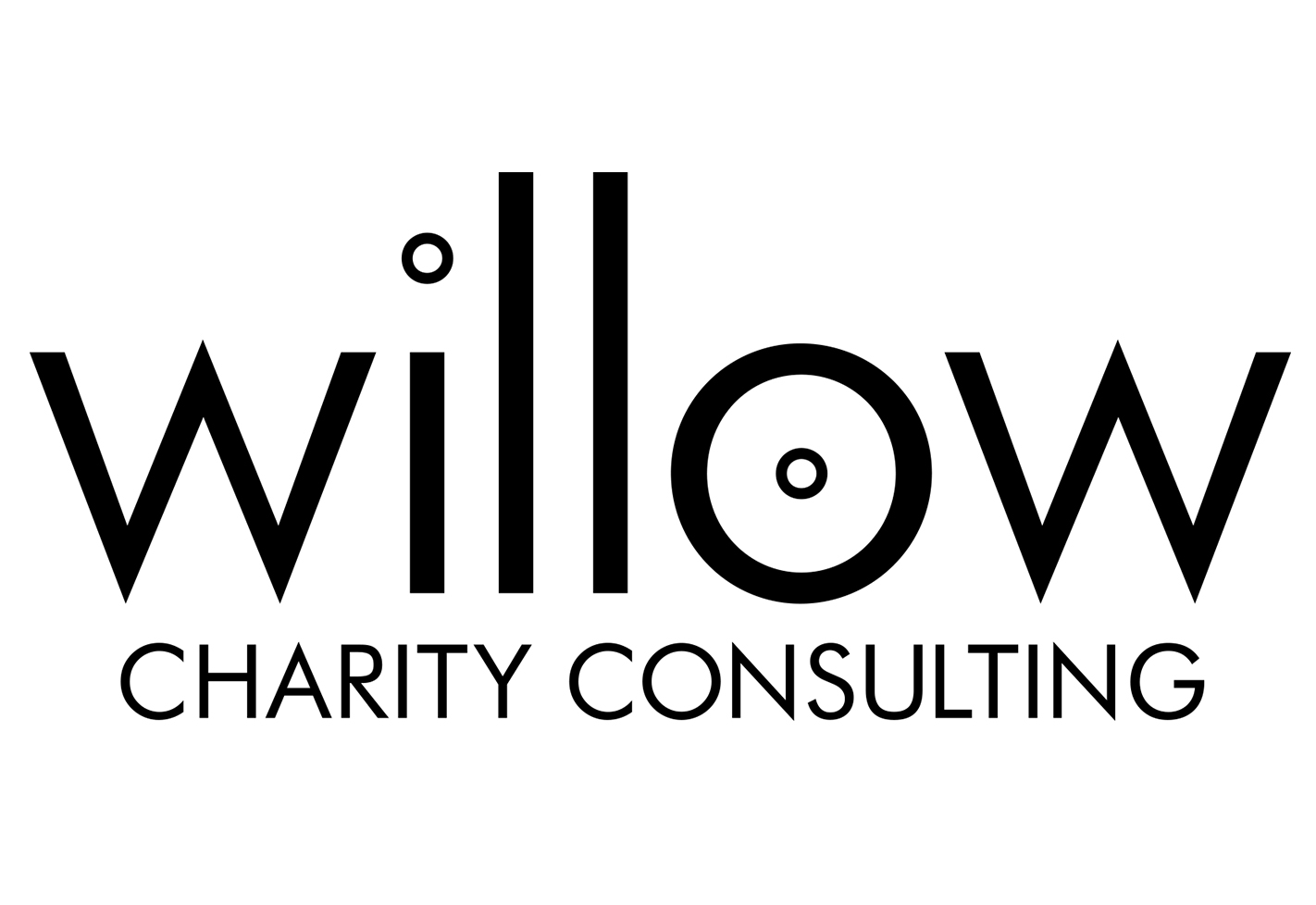About a month or two ago, I changed my LinkedIn title from ‘Interim CEO and Charity Consultant’ to ‘The Mary Poppins of the Charity Sector’.
It’s something I often say in passing when I describe what it is that I do, and I thought I’d see what LinkyDinkers thought about it.
But it’s time to explain myself.
First – no, I don’t think I’m ‘practically perfect in every way’, as declared by Ms Poppins.
I also think I enjoy a laugh more than Mary.
But I do think Mary Poppins is a great example of what a consultant should be.
Despite Mary being the titular character, the movie is actually about a dysfunctional family who learns how to function again (Yes, I know it was originally a book series, but they are quite different). Essentially, two disengaged parents get better at communicating with each other and with their children, which means they will all live happily ever after.
When her work is done, Mary Poppins floats off, largely forgotten.
Because, while she’s the catalyst for the change, she’s not the central point of the story. What makes her so wonderful is not the way she can jump into chalk pavements or have tea parties on the ceiling, but the way she does her job so well that she makes herself redundant in the process.
So what has this got to do with me?
I am firmly of the view that organisations of all kinds need external support to function effectively. Whether in helping to plan, identify weak spots for review, and especially in a crisis, skilled external input is essential.
I’m currently reading Rethinking Reputational Risk (Fitzsimmons and Atkins) and how internal reviews are extremely limited in value.
Skilled external viewpoints, on the other hand, get around groupthink, culture, pressures of expectations, hierarchy – and a good consultant will shine a light where no-one internally has ever shone it before.
They’ll speak truth to power.
They won’t be intimidated by whether or not there will be more work coming later.
And, they’ll also help you figure out what to do to fix the issues they have found.
That sums up a lot of what I do.
My work encompasses:
- Strategic planning, where I help charities plan their way forward collaboratively, including facilitation, consultation and drafting, resulting in a plan incorporating widespread voices and buy-in and setting ambitious yet achievable targets that everyone understands.
- Good governance, including governance reviews and training, Trustee and Board coaching and crisis advice, helping Trustees to manage their voluntary roles in an effective, responsible and accountable way.
- Interim CEO roles, where I take over the reins of a charity that has been through crisis or change, and help them get back to a place of effective functioning under permanent leadership.
- Health checks, reviewing where a charity’s organisational effectiveness needs work, and ensuring all voices are gathered to gain the insights that are so often available, but not held by the people who most need it.
- Culture support, helping charities that have been through difficulties to bring staff back together in a collaborative and positive way.
- Crisis advice, helping Boards and executives understand the root causes of potential crises, and providing both consultation support and advice to help navigate them successfully and avoid them reoccurring in the future.
In short, I help charities to function effectively.
And, just like Mary Poppins, I expect to not be needed when my work is done.
If I’ve done my job well, I’ve highlighted issues, helped them to be resolved, and assisted the organisation onto an effective path where it can succeed without me.
Some consultants may fall into the trap of being more worried about upselling and securing ongoing work than they are about extracting themselves, although I know many others think like me. Many charities are aware of this and fear bringing in consultants as a result.
I always buy into the cause and want charities to focus their spending on where it will have the most impact. Sometimes, that means spending money on me. Because once my work is done, there should be a lot less spending on anything else needed.
And, when the Board and team run outside together to fly kites, I’ll have a quick chat with my parrot umbrella then sail off into the smoggy London sky.
(Or something like that, anyway).

